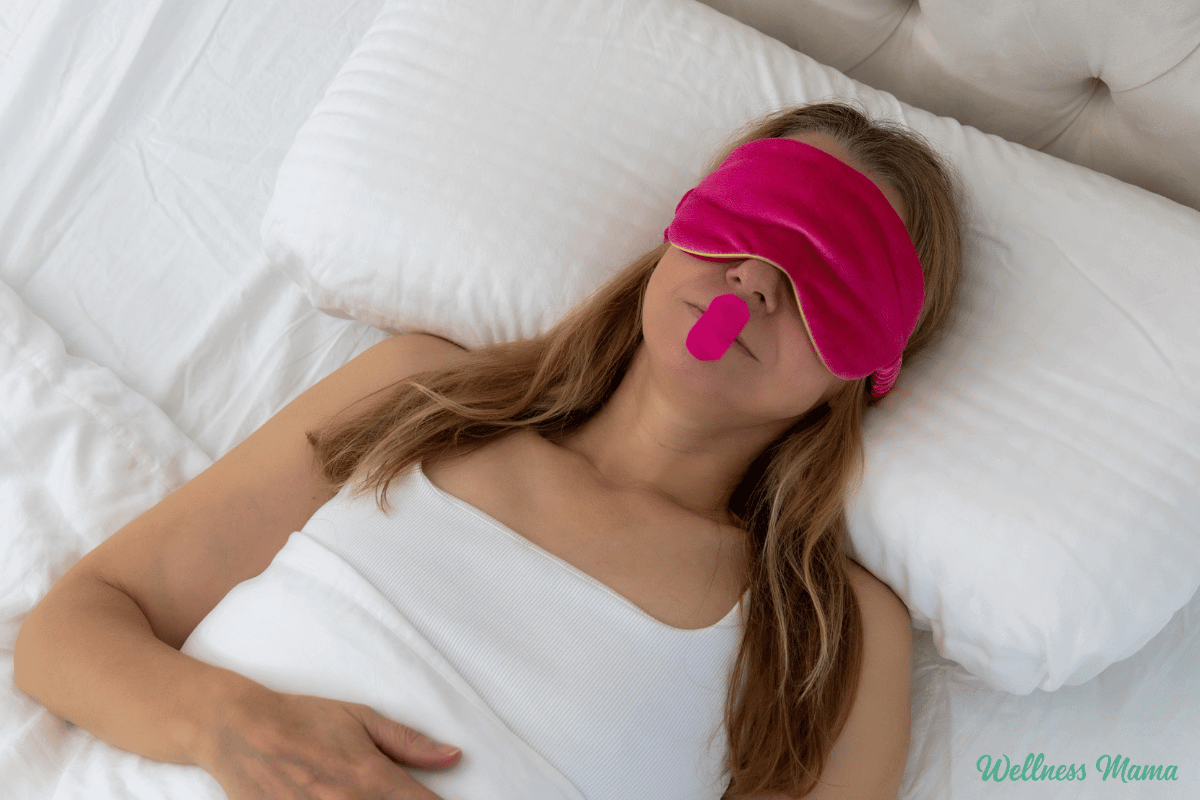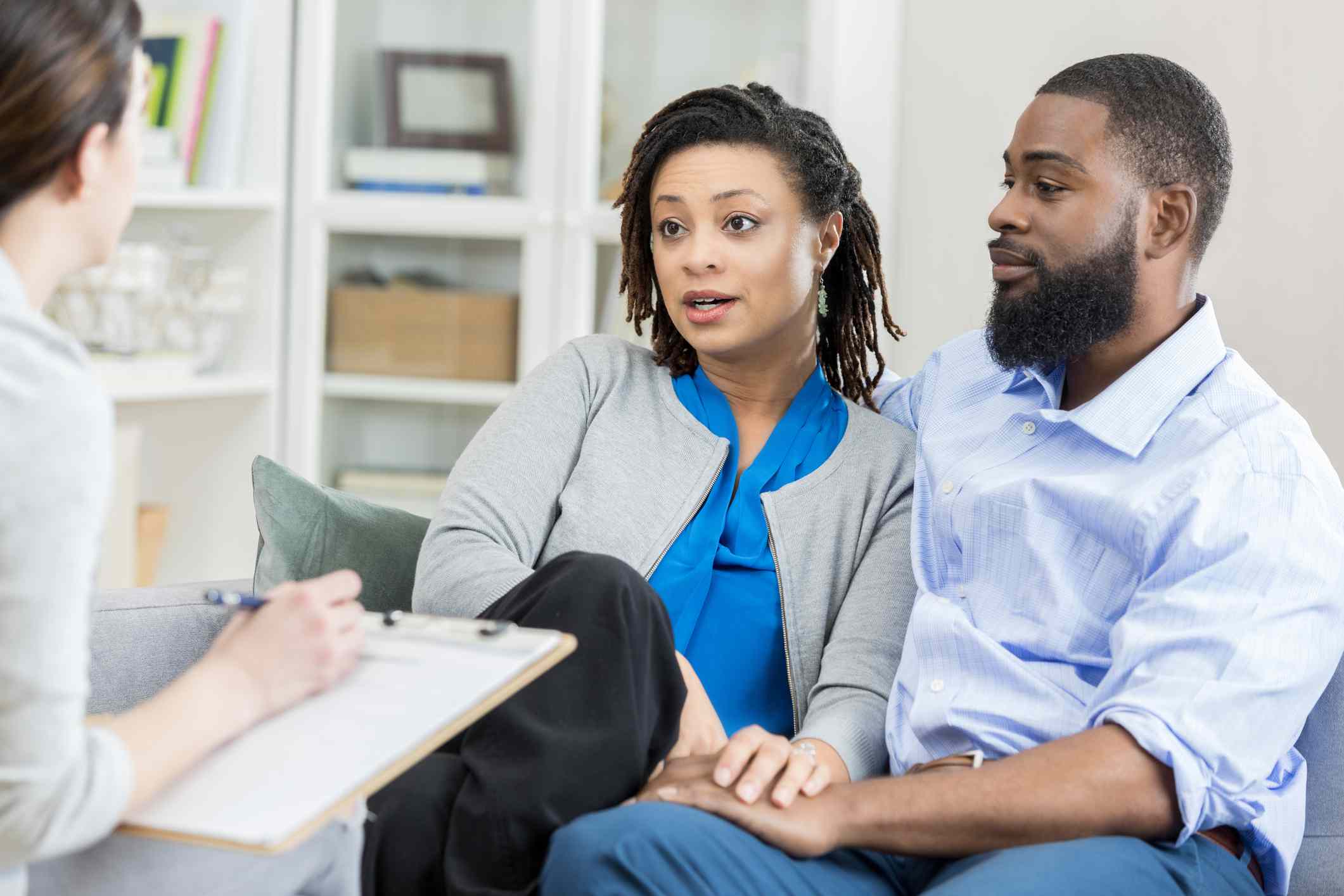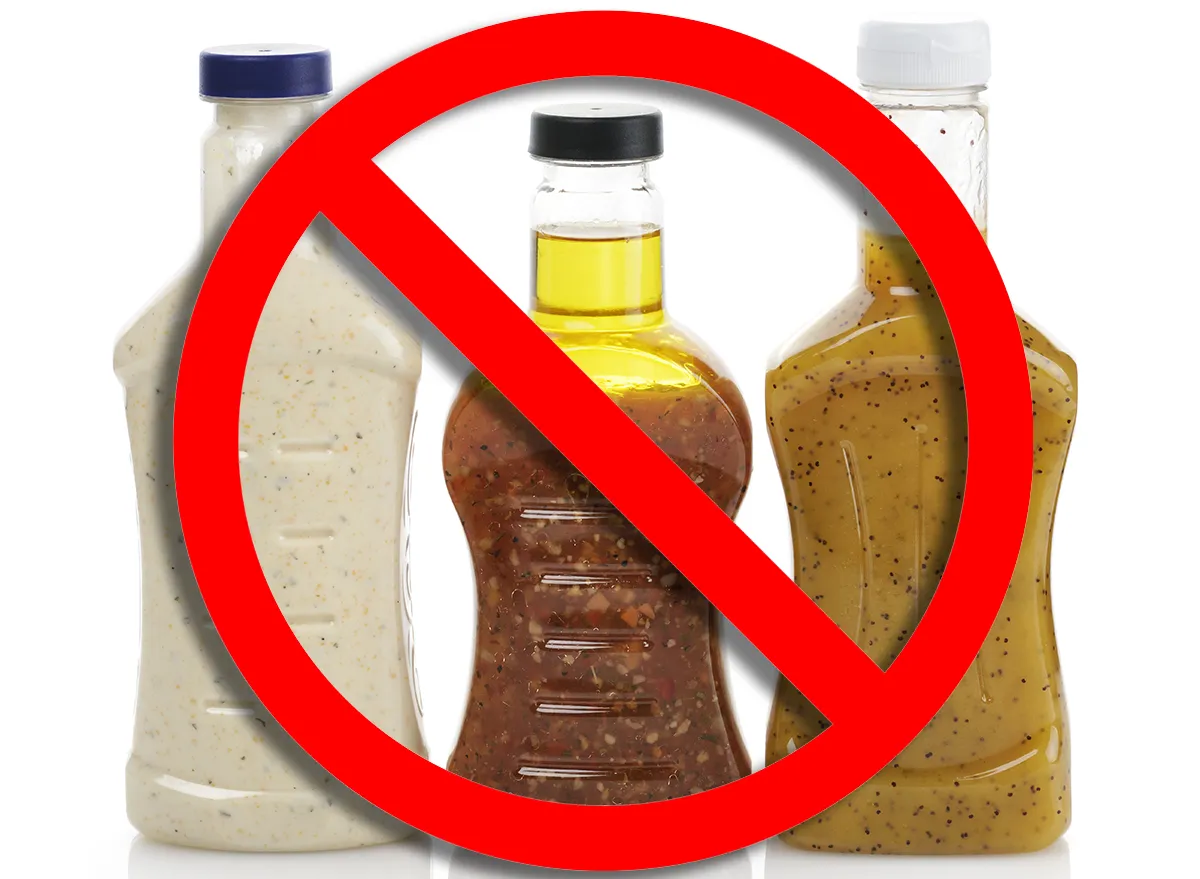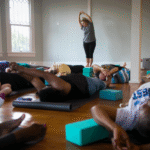Picture this: It’s Monday morning, and you had an awesome weekend filled with friends and fun. So, why in the world do you feel so lousy now? Everything went well, and you didn’t drink too much (or necessarily even at all), so you can’t wrap your mind around why you’re feeling so down. The answer to this conundrum? You may be experiencing an emotional hangover.
Festive events, such as weddings, concerts, trips, or other social gatherings, can all lead to an emotional hangover. That’s what happens when, despite the good time it had during the festivities, you feel burnt out, sad, and/or depleted afterwards.
Emotional hangovers can, and do, happen to anyone, but some people are more prone to them. For example, introverts process outside stimuli differently than extroverts do. And autistic people experience burnout when they encounter too much stimulation, even if it’s enjoyable.
As an autistic introvert, I know to expect a big comedown after most get-togethers, even though I do my best to mitigate them beforehand. Anyone who has a nervous system on high alert for any reason has likely experienced the dysregulation that can occur after even the most pleasant of events.
We’ve got the details on why emotional hangovers happen, how to prevent them, what to do if they didn’t work out as planned, and how to know when to find someone to help you handle them.
But Why Do We Get Emotional Hangovers?
It’s important to understand that this isn’t a wild or crazy occurrence. “It is normal to feel mentally and emotionally exhausted after positive experiences,” says Gabrielle (Morse) Sanderson, LMHC, founder of Noetic Therapy. She explains that “it may have been fun, but you still exerted a great deal of emotional energy between socializing or being in a stimulating environment.” She says there are two reasons:
For one, you released feel-good chemicals like dopamine, and now you’re noticing the lack of them, and for another, you may feel empty after all the planning and lead-up to an event has concluded.
It may have been fun, but you still exerted a great deal of emotional energy between socializing or being in a stimulating environment.
—
GABRIELLE (MORSE) SANDERSON, LMHC
If you have any mental health diagnoses, the experience can be amplified. Explains Sanderson, “People with anxiety and depression may experience negative thought threads after a positive experience that include self-criticism, which may explain sadness and burnout.” She adds that if you experience a high level of emotional empathy, where you pick up on the emotions of others, burnout also may be amplified.
This isn’t a permanent experience, but rather one that you’re likely to move past soon. “Emotional hangovers often happen because our nervous system has been in a heightened state—whether from excitement, connection, or stimulation—and needs time to regulate,” Alyssa Petersel, LCSW, founder and CEO of MyWellbeing, tells us.
What an Emotional Hangover Feels Like
Being able to recognize that you’re experiencing an emotional hangover is key to dealing with them. Our therapists note that you may move through any of the following feelings:
- Anxiety
- Disconnection/detachment
- Brain fog
- Fatigue (physical, mental, and/or emotional)
- Confusion
- Lack of motivation
- Sadness
- Loneliness
- Irritability
- Emptiness
- Exhaustion
How to Prevent Them
There are no fail-safe methods to guarantee you won’t have a comedown after a big event, but you can take care to try and make it all as easy as possible on yourself.
“I recommend building in quiet recovery time before and after big events, staying well-fed and hydrated, and grounding with routines like sleep, movement, or journaling,” suggests Petersel, who notes that “emotional balance comes from pacing—not pushing through.” For journaling, Sanderson suggests “setting an intention to reminisce or journal about the positive event afterwards so you can feel the lasting effects and the meaning that comes from them.”
I recommend building in quiet recovery time before and after big events, staying well-fed and hydrated, and grounding with routines like sleep, movement, or journaling.
—
ALYSSA PETERSEL, LCSW
Leaning into your feelings after an event can both help you process it and “ride the wave” of your emotions, so don’t bottle them up for later. Sanderson recommends allowing the emotion to occur without trying to judge or change it, and it will eventually subside. “Feel and validate the sadness – there’s no way around it. Some of the greatest distress and distressing symptoms happen as a result of trying to avoid our emotions,” says Sanderson.
Lastly, pay attention to when emotional hangovers happen for you, and be proactive in avoiding people who drain you. “Let’s say you went to plans with a friend and noticed that every time you are with this person, you feel low afterwards,” theorizes Sanderson. “Perhaps there is a problem to be solved here in terms of who you are surrounding yourself with and the energy you are absorbing,” she suggests.
How to Manage If You Weren’t Able to Prevent an Emotional Hangover
Whether you employed strategies to prevent an emotional hangover or not, they can still happen. I’ve gotten one after every big event in my own home, starting with my first birthday party when I turned 8. I remember distinctly having the best time ever, doing my favorite 8-year-old activities such as bobbing for apples and playing Operation, only to feel overwhelmingly sad when everyone went home for days afterward.
It’s been persistent for me. I love hosting game nights, especially themed ones, and I’ll spend weeks planning games, crafting menus, and decorating my home for the party. No matter what preventative steps I take, though, for at least 24 hours after everyone goes home, I’m miserable. I feel lonely—which I don’t otherwise experience in life as I live alone and love it immensely—and get this weird sense of despair and hopelessness. I’ve since learned to spend the next day on the couch, letting myself rest and recover, and then I’m fine the following day.
According to Petersel, being gentle with yourself is the right move. “Prioritize rest, limit stimulation, and do something that soothes you—whether that’s a walk, a good cry, or connecting with a trusted friend or therapist. Let the wave move through you without judgment,” she recommends.
Paying attention to your feelings is also helpful in moving through an emotional hangover. “When there is a strong emotion, it’s important to decipher whether there is a problem that needs to be solved, or simply a feeling that needs to be felt,” says Sanderson. She adds that our emotions are like “little messengers from the soul.”
“They tell us important things about our needs, our relationship styles, and our histories/patterns,” Sanderson explains.
When to Seek Help
If you experience emotional hangovers after big events but quickly recover, you’re probably fine to handle them on your own. But if the feelings are just too big to deal with, or they persist too long, therapy might be a good choice. “It’s especially important to seek therapy if the emotional hangover is leading to symptoms of anxiety or depression – intrusive thoughts, preference to withdraw, ongoing low mood and lack of pleasure, etc.,” says Sanderson.
Petersel agrees, telling us that some people may be confused about why they’re experiencing such large feelings after positive situations, which therapy can aid in understanding. “Even if things don’t feel like a glaring problem, therapy is often helpful in understanding yourself better, familiarizing with your particular patterns, where they are coming from, and building a toolkit for how you’d most benefit from responding moving forward.”
Whether your emotional hangovers are worthy of professional assistance or you feel comfy coping with them on your own, know that they’re perfectly normal. Be kind to yourself, and take the space and time you need before you’re ready to socialize again.















